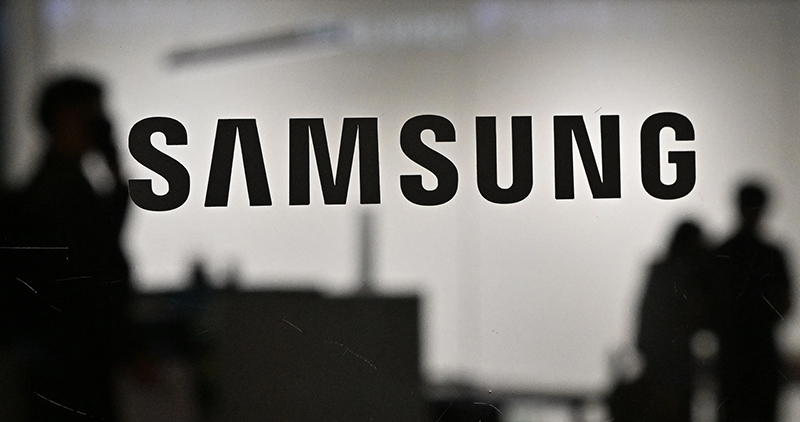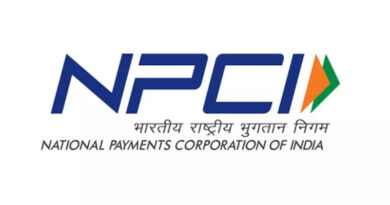Personal information of customers leaked due to Samsung’s mistake.
Consumer electronics company Samsung has said that it has recently come to know about the leak of personal information of customers due to lapse in cyber security. The case dates back to July, when the company’s systems in the US were breached. Samsung said that it has hired a cyber security firm to investigate this. Earlier in March, the company was targeted by hackers and the source codes of its smartphones were stolen.
Samsung said that hackers suspected the hackers to get information such as customer names and contacts as well as product registrations in the breaches discovered through its Security Resource Center. However, the company has not given information about the number and regions of the affected customers. Samsung’s website states about this, “We have taken steps to secure the systems and have hired a leading cyber security firm. We are also working closely with law enforcement agencies.” The company said that customers have been informed about the matter.
To avoid such cases, the company has advised users to be cautious and not to click on links in suspicious emails. Samsung said that it did not affect its devices. Earlier in March, the company’s sensitive data was stolen in a hacker attack. It contained the source code of Samsung Galaxy smartphones. The company had told that the data of its customers or employees is safe. The responsibility of this cyber attack was taken by a hacking group.
Recently, Samsung completed the development of its 3 nanometer (nm) foundry processing chip to facilitate the mining of Bitcoin. There are reports that the company is ready to start trial production of this chip. The use of such Application Specific Integrated Circuit (ASIC) chips can help reduce energy consumption in bitcoin mining. Chinese firm PanSemi can be the first customer of this chip. PanSemi designs AISC for processing bitcoin mining. Samsung is improving controls for its chip, which could increase bitcoin mining efficiency by about 30 percent.



